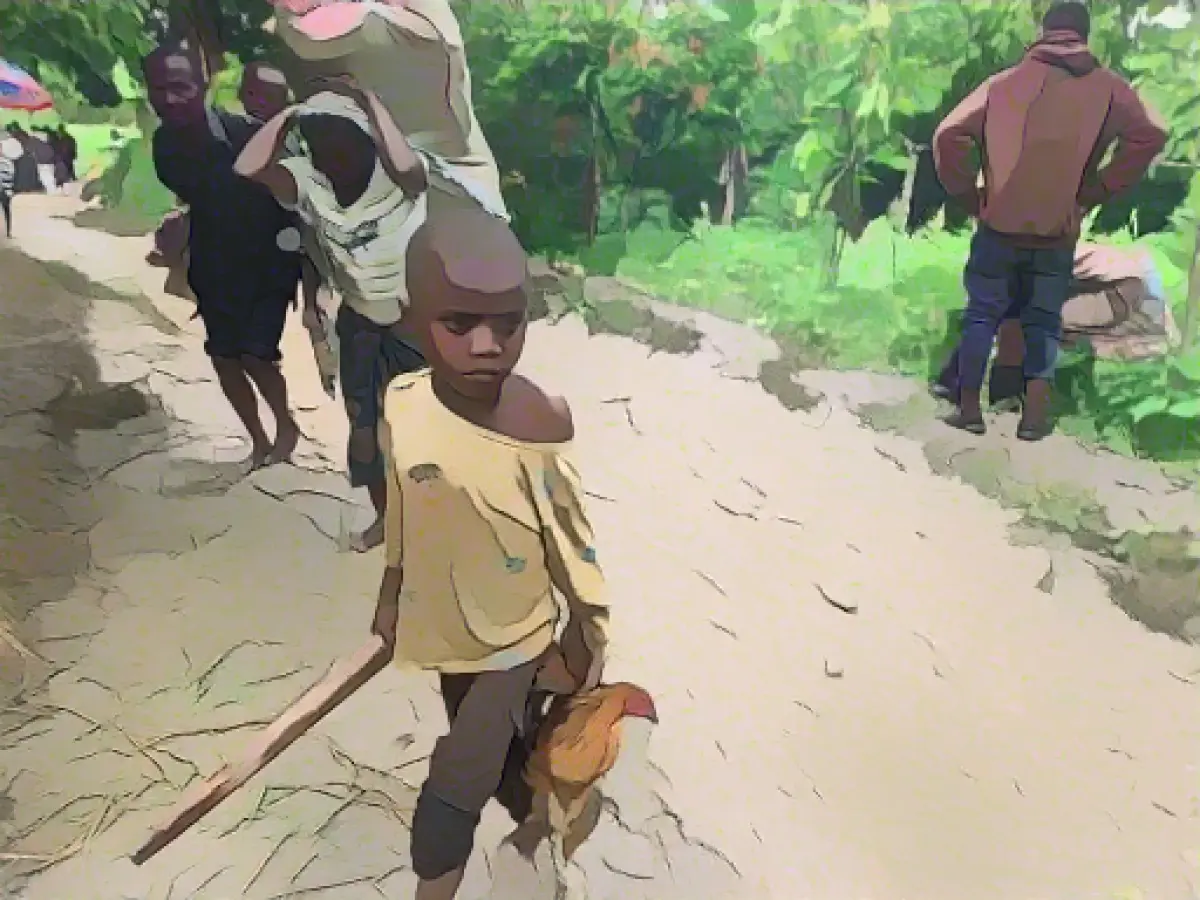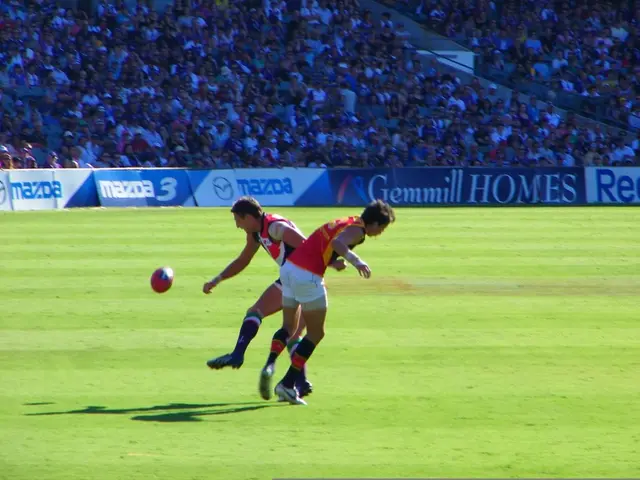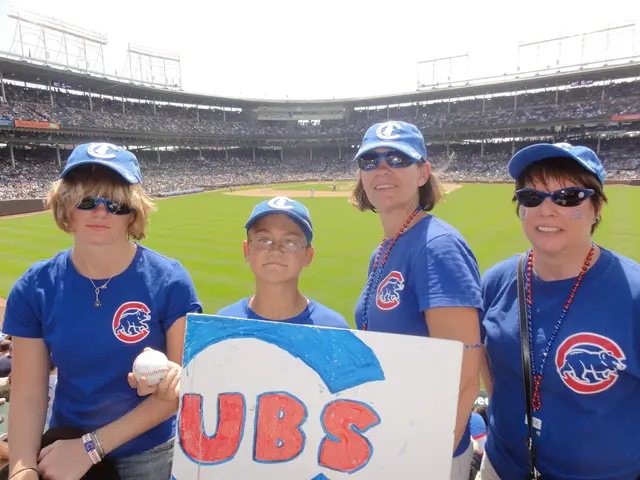In recent weeks, an alarming situation has unfolded in the Democratic Republic of Congo's eastern region. As per UN reports, a staggering 450,000 individuals have been displaced due to ongoing clashes between government troops and militias. This exodus of people, primarily in North Kivu, has been ongoing for years and shows no signs of abating.
The UN Refugee Agency (UNHCR) expressed concerns about the intensifying crisis, underscoring the plight of over 200,000 internally displaced persons who are currently cut off from essential humanitarian aid. October saw a spike in human rights violations in the region, including numerous instances of sexual violence against women and girls. Thousands have made their way to Sake, a town located approximately 35 kilometers from Goma, the provincial capital.
Congo, the second-largest African country, is set to hold presidential elections on December 20. Human rights organizations have issued repeated warnings regarding the feasibility of holding free and fair elections in conflict-affected regions due to the complexities and potential risks involved.
As displaced refugees continue their quest for safety beyond Congo's borders, concerns persist about conducting a free and fair election in conflict areas. Challenges surrounding conducting credible voting in regions like these are significant, primarily due to factors such as low confidence in electoral institutions, the threat of electoral violence, and human rights abuses.
Conflict-ridden regions like eastern Congo are patrolled by numerous armed groups, each fighting for control of the resources-rich region. This continuous struggle for power complicates the election process, with concerns about violence, manipulation, and potential fraud far from unfounded. Human rights organizations have documented numerous instances of human rights abuses, making the situation even more perilous.
The ongoing conflict in eastern Congo, particularly the advancement of the M23 rebels, has led to the displacement of over 500,000 people in just January. This displacement creates logistical and humanitarian challenges for conducting free and fair elections, as many displaced individuals may not have access to voting stations or are susceptible to intimidation.
Congo's conflict traces its roots to ethnic tensions stemming from the 1994 Rwandan Genocide, political corruption, and corporate greed. These historical factors contribute to an environment conducive to conflict, making it challenging to ensure a peaceful election process.
While low confidence in electoral institutions, the potential for electoral violence, and human rights abuses remain pressing concerns, the lack of transparency and accountability further exacerbates the situation. The DRC's electoral process is marred by a lack of transparency, which can breed mistrust and, in turn, potentially escalate into a political crisis.
Addressing these challenges necessitates a multifaceted approach that includes international intervention and support for peacekeeping efforts and a commitment to promoting and protecting the rights of all citizens within conflict-affected regions. Only through a coordinated, comprehensive approach can we provide a glimmer of hope for a fair and safe election in the Democratic Republic of Congo.
- Human Rights Watch. (2021). Democratic Republic of Congo.
- United Nations High Commissioner for Human Rights. (2021). Mozambique.
- Amnesty International. (2021). Democratic Republic of Congo.
- US Department of State. (2021). Democratic Republic of Congo.
- International Crisis Group. (2021). Eastern Democratic Republic of Congo.








